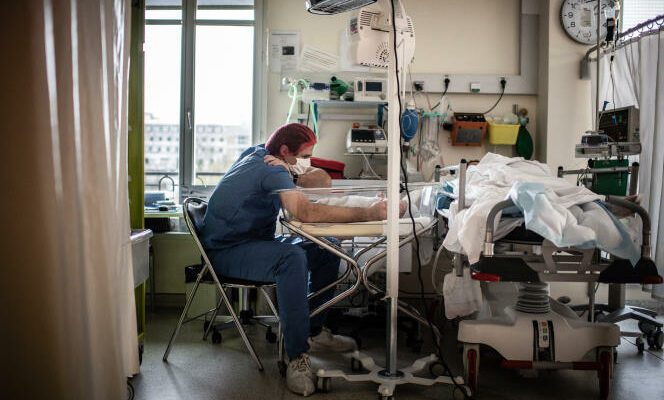If postpartum depression (PPD) in mothers is beginning to be well documented, this same pathology in fathers still remains a taboo and is the subject of very few studies. It is however a real problem, since it is estimated that paternal PPD affects 8% to 10% of fathers throughout the world in the year following the birth of their child.
Like any other depression, it is a multifactorial disease. But according to Dr. Sarah Tebeka, psychiatrist at the Louis-Mourier hospital (Assistance publique-Hôpitaux de Paris, AP-HP), in Colombes (Hauts-de-Seine), and researcher, “we can draw a parallel between fathers and mothers: precariousness, psychiatric history, a difficult pregnancy, social upheaval or lack of sleep occurring with the arrival of a baby are all factors that can trigger PPD with either parent”.
However, in fathers, PPD may manifest differently. Where a mother will mostly express sadness, a father may show anger and irritability. Sarah Tebeka adds: “They also develop behaviors of alcoholism or consumption of illicit products. »
This pathology is not to be taken lightly. Indeed, according to the psychiatrist, “Fathers, like mothers, play a central role in the development of the child, both positively and negatively”. A father’s depression can also take a toll on a mother’s mental health. It is therefore important to take measures that will reduce the risk of paternal PPD.
Amazing result
A study by the National Institute of Health and Medical Research (Inserm) led by researcher Maria Melchior and published on Wednesday January 4 has finally shown the positive effects of paternity leave on the mental health of fathers.
The researchers based themselves on a sample from the Elfe cohort (18,000 children born in 2011 in France, and their parents) and looked at the effects of this leave, which lasted fourteen days at the time, on the prevalence of PPD in both parents two months after the child’s birth. The study shows that 5.7% of fathers who did not take this leave developed PPD, whereas only 4.5% of those who chose to stop presented with this pathology.
Even fathers who scheduled parental leave, but did not take it in the first two months (they have six months to take it), seem to benefit from such a prospect, with 4.8% of them suffering from ‘depression.
You have 32.09% of this article left to read. The following is for subscribers only.
